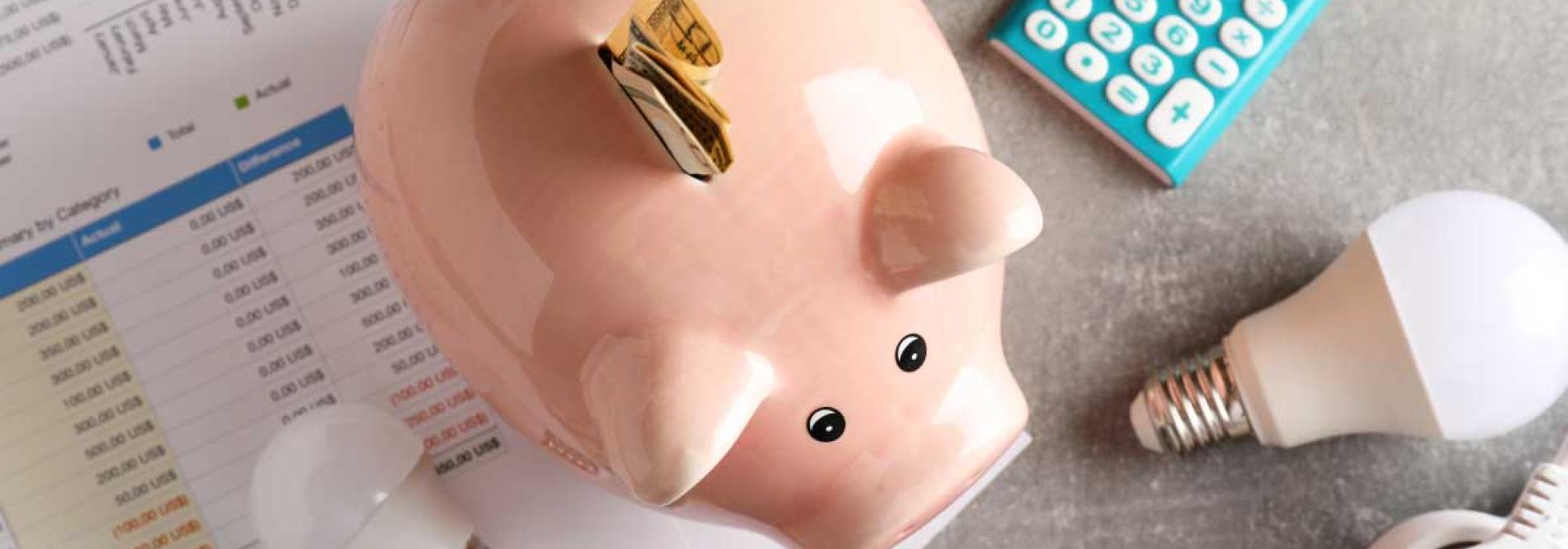
Energy is a huge part of our lives each and every day. We use it to keep our homes warm and cool, to prepare meals, to power our entertainment, to get us to and from work and school, and to do so much more. We use energy so often that most of the time, we really don’t think about it. That means most of the time we miss opportunities to stop wasting energy and use it more efficiently.
October is Energy Awareness Month and a good time to take a look at the energy we use and to take steps to use less of it. Not only will we save money on our energy bills, we will produce environmental benefits as less power is generated.
Many utilities recommend an energy assessment to find areas of your home that might be wasting energy. There are also a number of incentives from the federal government, states, local governments, and utilities that can help with efficiency upgrades and purchases.
Take these steps as you get your home ready for winter:
-
Seal leaks between door frames and windows with weather stripping or caulk.
-
Replace screens with storm windows and doors.
-
Make sure the furnace and heaters are in good working order.
-
Consider installing a programmable thermostat.
In the kitchen:
-
Use toaster ovens or microwaves whenever possible rather than heating the stove oven.
-
Bake with ceramic or glass pots and pans. This will allow you to lower the oven temperature by about 25 degrees F.
-
Don’t peek—opening the oven door can lower the internal temperature by as much as 25 percent.
-
Turn the oven or stove burners off a few minutes before the food is ready. They will remain hot enough to finish cooking the food.
In the rest of the home:
-
Utilize the power management options on your computer system to put your computer in “sleep” mode when not in use.
-
Consider plugging all of your entertainment components into a power strip, which when turned off will eliminate any phantom power draw.
-
Unplug battery chargers and adapters when not in use.
-
Look for the Energy Star label when purchasing new electronic devices. These will save money without sacrificing performance.
Here are some tips for saving energy on the road from the U.S. Dept. of Energy:
-
Drive sensibly. Speeding, rapid acceleration, and braking wastes gas. Aggressive driving can lower your mileage by 33 percent.
-
Observe the speed limit. Gas mileage usually decreases rapidly at speeds above 60 mph.
-
Get rid of excess weight. An extra 100 pounds in a vehicle could reduce mileage by up to two percent.
-
Use cruise control. Maintaining a constant speed will save gas in most cases.
It’s not that difficult to eliminate wasted energy. Take steps during Energy Awareness Month to save energy—and money!
